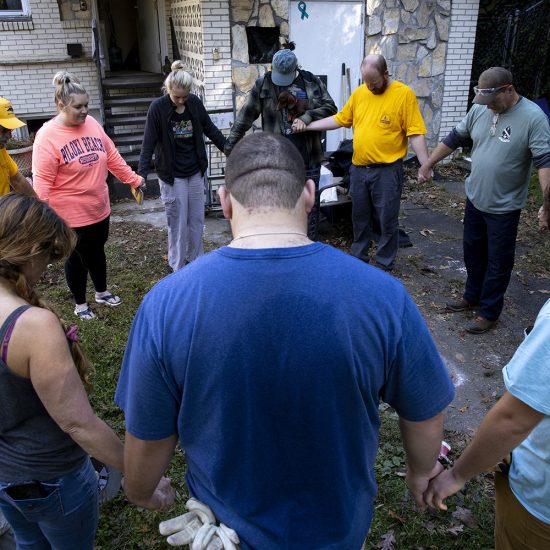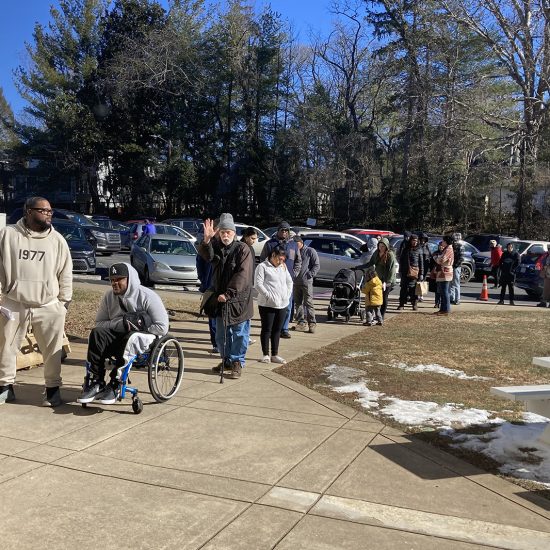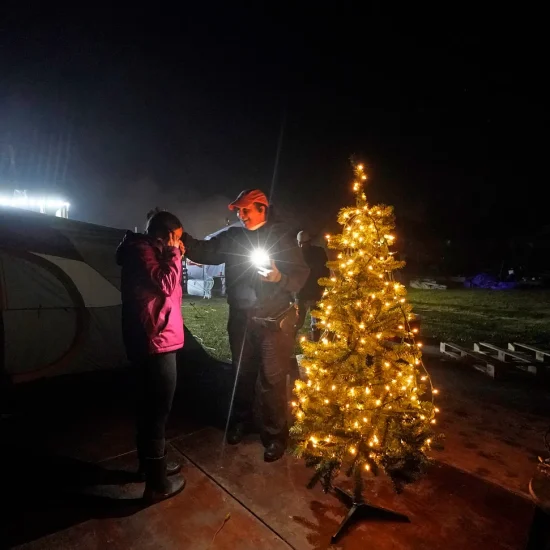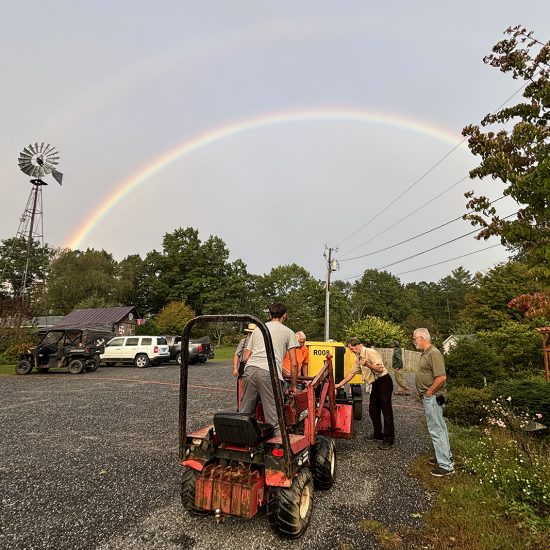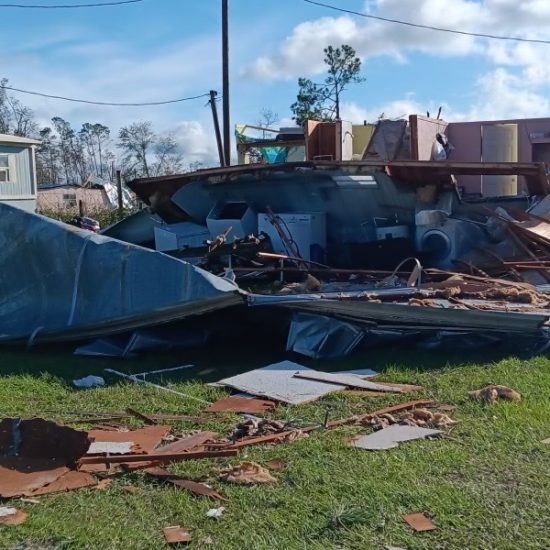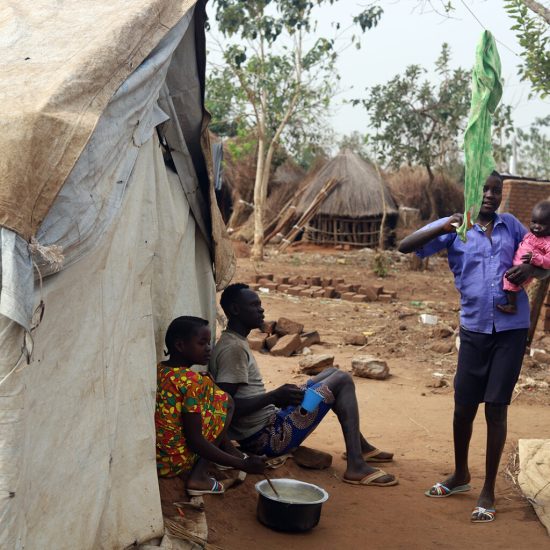PALU, Indonesia (BP) — Baptist Global Response is assessing needs on Indonesia’s Sulawesi island after a magnitude 7.5 earthquake and tsunami Sept. 28 killed at least 1,200 people, with the death toll expected to rise. More than 1.5 million people have been affected, according to initial reports.
Volunteers prepared a mass grave for 1,300 in the hills above hard-hit Palu, Indonesia, the BBC reported, and decomposition forced at least one local hospital to begin burying bodies before relatives could pick up remains of their loved ones. The main airport in Palu was damaged, landsides have blocked roads and power outages are widespread.
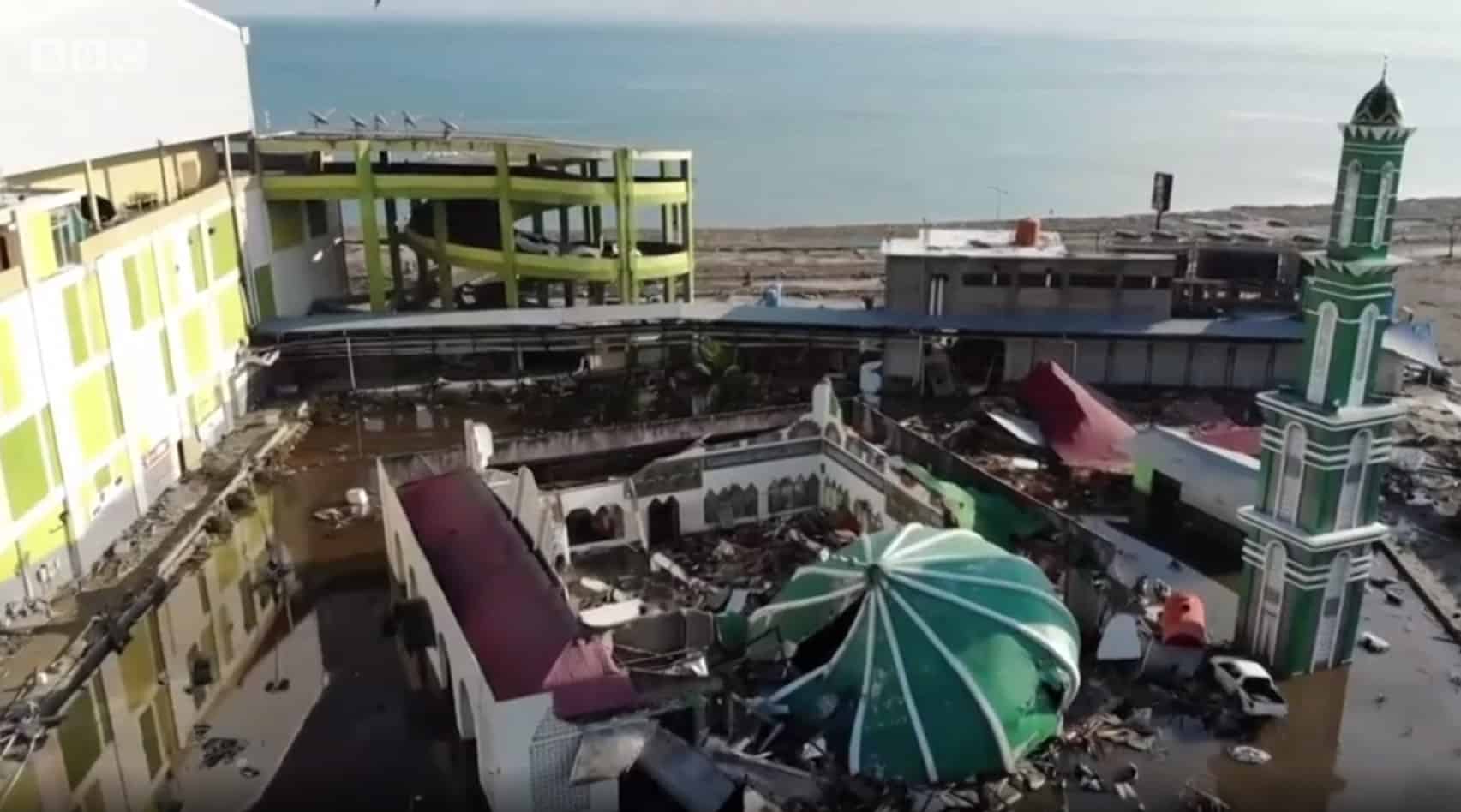 A 7.5 magnitude earthquake Sept. 28 killed at least 1,200 people on Indonesia’s Sulawesi island. Screen capture from BBC“Getting assessment teams into the area will be difficult,” Pat Melancon, BGR’s Asia Rim area director, told Baptist Press from his base in Thailand. “Because of the location of the earthquake and tsunami, the availability of relief supplies is going to be severely limited. Most of those supplies are probably going to be arriving by boat.”
A 7.5 magnitude earthquake Sept. 28 killed at least 1,200 people on Indonesia’s Sulawesi island. Screen capture from BBC“Getting assessment teams into the area will be difficult,” Pat Melancon, BGR’s Asia Rim area director, told Baptist Press from his base in Thailand. “Because of the location of the earthquake and tsunami, the availability of relief supplies is going to be severely limited. Most of those supplies are probably going to be arriving by boat.”
Indonesian President Joko Widodo said Sept. 30 Indonesia will accept international help, according to media reports. Yet historically, Indonesia, the world’s largest Muslim nation, has reportedly been resistant to outside help, fearing international influence could dilute Islam in the country.
Indonesia’s 260 million people are 87 percent Muslim, 7 percent Protestant and 3 percent Roman Catholic, according to data from the U.S. Central Intelligence Agency.
BGR executive director Jeff Palmer told BP BGR is “talking to some local partners in the area” and hoping “to get in for a good assessment and to be able to respond through” local partners.
While it is too early to determine the precise needs in Sulawesi, Palmer said, the main needs after similar disasters have been food, water, sanitation and hygiene kits and temporary shelter for affected residents.
Media outlets have reported looting in Sulawesi for food, water and fuel. Police are escorting aid convoys to prevent supplies from being stolen.
Melancon requested prayer for a “thorough” and “accurate” assessment of needs; “that the national partners who have been impacted would be able to respond”; and “that supplies would be available.”
BGR is not a Southern Baptist Convention entity, but partners with Southern Baptists in meeting global human needs and undergirded by those who give through their local churches to the Cooperative Program and to the Southern Baptist Global Hunger Relief fund.

